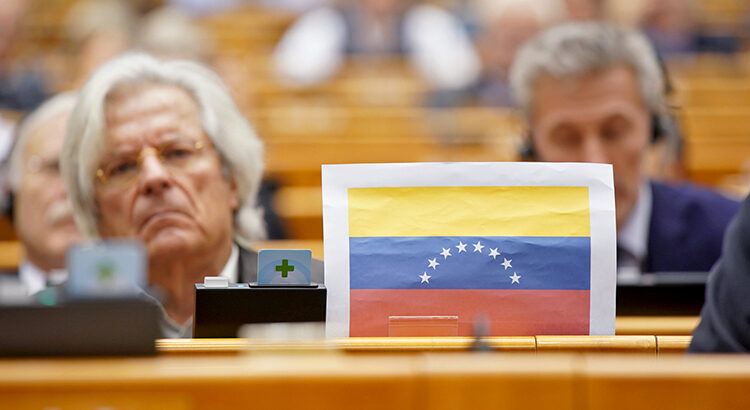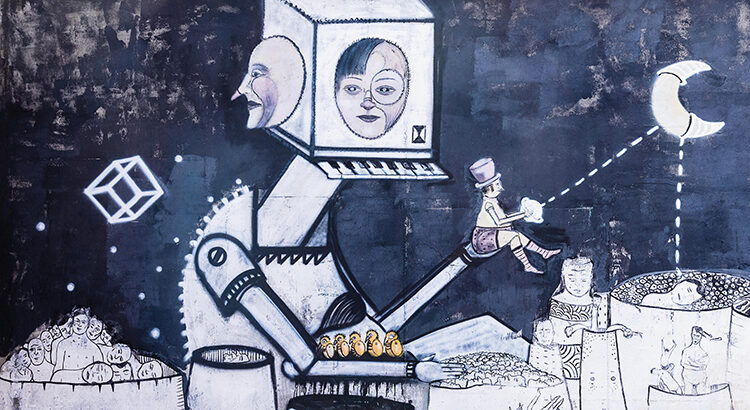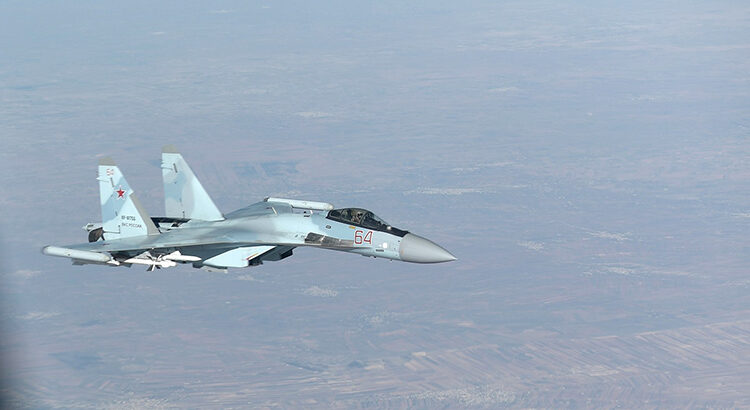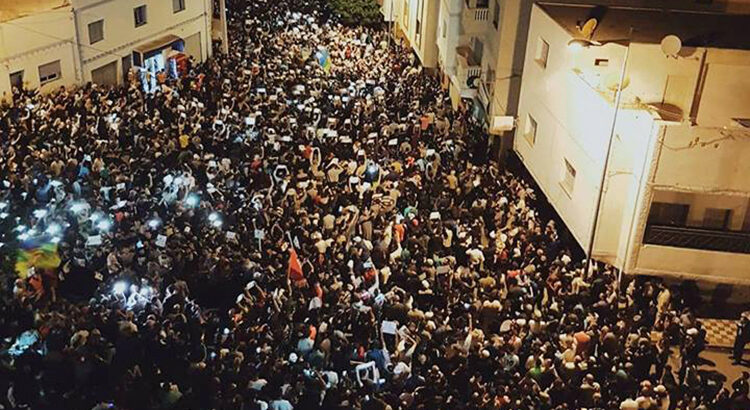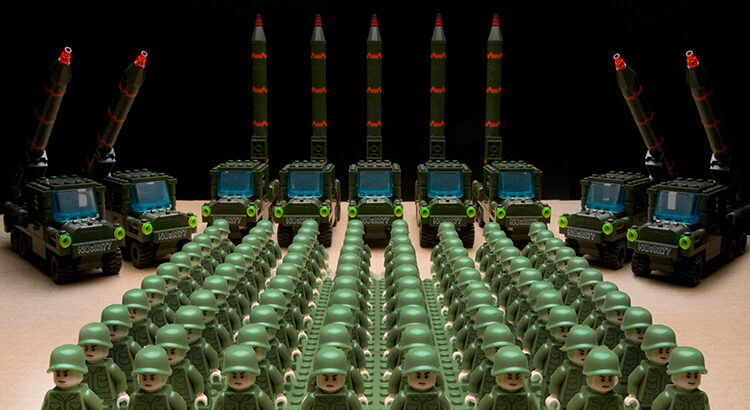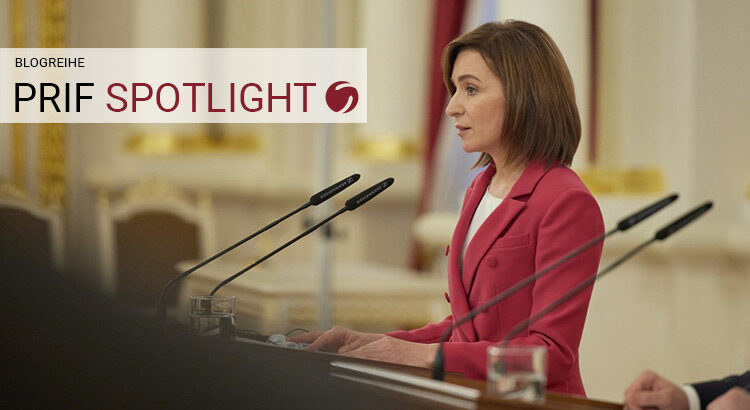Venezuela is mired in a prolonged, multifaceted crisis, to which no solutions are in sight. In the wake of the country’s December 2020 parliamentary election, the EU needs to rethink some of the basic premises of its policy toward Venezuela. Instead of quarreling about which domestic actors and political institutions should be recognized as democratic, the EU should approach the country through a lens of conflict resolution. While a democracy-based framework divides the EU and a broad range of other external actors, a framework focused on conflict resolution may increase the chances of a more coordinated international response. That approach may be more likely to lead—eventually and indirectly—to some kind of inclusive political settlement in Venezuela.
Kategorie: English
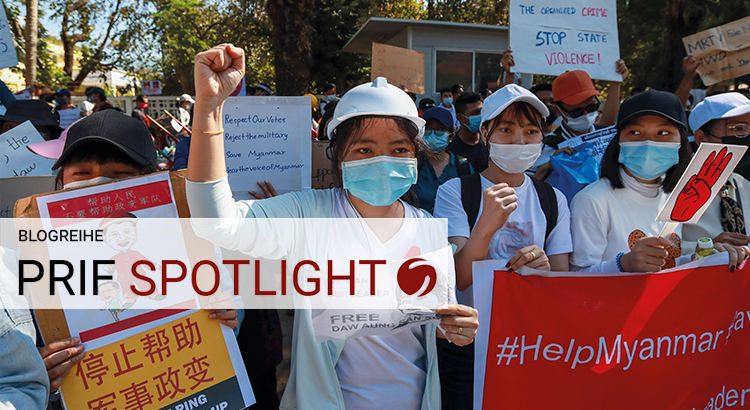
China in transitionary Myanmar. Challenging paths to democratization and peace
The recent military coup in Myanmar reversed a decade-long experiment towards incremental political liberalization. At the same time, it also brought China’s engagement there back into the spotlight, and initial Chinese reactions led to suspicions that Beijing had welcomed or even aided the return to military rule. However, the reality of China’s role in Myanmar’s democratic transition and simultaneous peace process is far more complicated, and instructive for its overall engagement in conflict societies.
Missing an epic story: Why we are struggling to counter extremists’ utopian narratives
Contrary to popular opinion, extremist communication is not simply based on hatred and calls for violence. While beheading videos or livestreamed shootings may generate attention, displays of violence alone are an insufficient basis for an extremist ideology and claims of legitimacy. Utopian narratives – visions for the perfect society – are an indispensable element of propaganda efforts. Without detailing what one is fighting for, an essential part would be missing from the web of extremist ideological communication. While the last years have seen an increase in narrative campaigns designed to delegitimize extremist ideologies and provide alternative worldviews, pro-democracy narratives struggle with responding to the utopian visions propagated by extremist actors.
Counter-Terrorism for Peace – Syria between the Russian-Led Coercive Peace and the United States’ Withdrawal
After the fifth round of the UN-led Constitutional Committee for Syria in January 2021, the UN Special Envoy for Syria, Geir Pederson, eventually announced that they failed to draft a new charter for the Syrian constitution. Further UN-led negotiations were postponed after the Russian-led meeting in Sochi which took place on February 16 and 17. This blog presents the latest developments of the parallel processes of peace talks for Syria, arguing that the United States’ uncertainty in the region is leading to more success of the Russian-led Astana format. This comes not only at the cost of UN-led engagement in Syria but also risks the lives of the population in Idlib as regional counter-terrorism plans are a central issue in the current peace talks.
Ten Years After the Arab Spring: How Stable is Morocco Really?
Ten years after the onset of the February 20 Movement, its variant of the “Arab Spring”, Morocco is still perceived as a bedrock of stability in the region. However, while the king successfully contained the 2011 uprising, under the surface the rift between state and society is still widening. As public trust continues to erode, Moroccans increasingly turn their attention to the streets in order to air their grievances. Drawing parallels to Algeria, which saw its dictator unexpectedly fall in 2019, this article questions the paradigm of Moroccan stability. The next wave of protests may not be so distant after all.
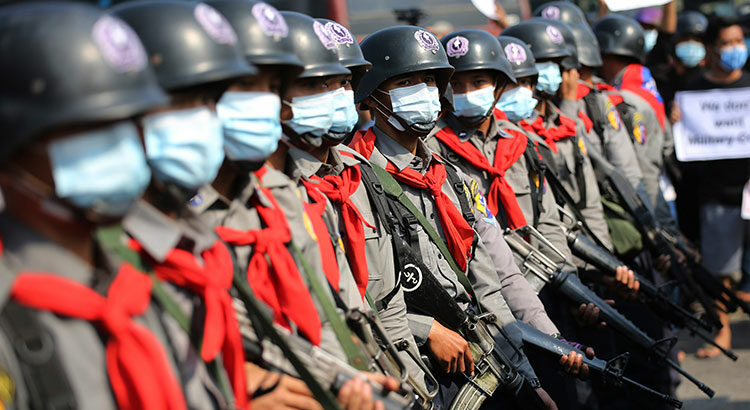
Interpreting Myanmar’s 2021 „Veto“ Coup d’etat
Military “Veto” Coups have been prominent in countries where armed forces have played leading roles in society. In Southeast Asia, militaries have been prominent in Myanmar and Thailand, and the two countries have experienced their fair share of coups. The latest putsch occurred on February 1, 2021 in Myanmar. With Myanmar’s military having had a long and close relationship with Thailand’s armed forces, and both countries’ militaries prone to staging coups, one wonders to what extent Myanmar’s 2021 putsch can be explained in the context of the history of coups in mainland Southeast Asia. Does Myanmar follow the Thai model?
A renaissance of nuclear disarmament, or merely a new start? New START extended for five years
New START will be extended for five more years. This means that the unraveling of numerous arms control agreements, which has been progressing for two decades, has been halted for the time being. We are still far from a renaissance of nuclear disarmament. For this to happen, the risks of nuclear escalation must be minimized and sub-strategic nuclear weapons must be addressed. It also requires engaging China and upgrading bilateral arms control to the multilateral level. How can this succeed?
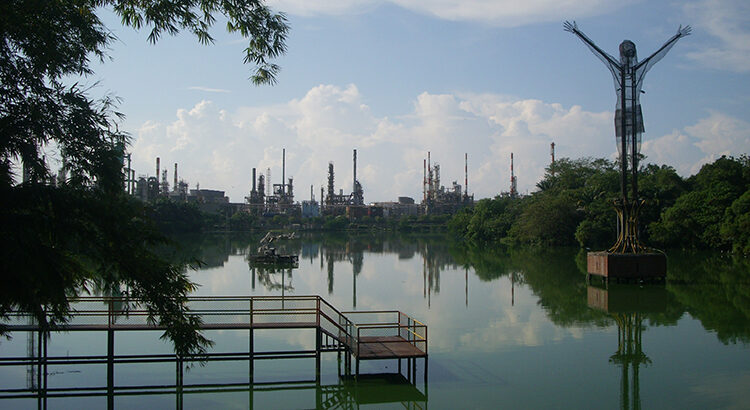
Protests against new fracking projects in Colombia
A new fracking initiative has been formalized by the Colombian government in cooperation with the state enterprise Ecopetrol. The first of four exploratory projects will take place in Puerto Wilches, a small community located next to the Magdalena River, one of the largest in Colombia. Fracking has been associated with water pollution, which could lead to severe consequences for local people’s livelihoods and the region as a whole. Social and environmental activists have received death threats and have grown increasingly vulnerable since 2016. Nevertheless, protests have emerged and will likely continue, despite COVID-19 restrictions.
Breaking the vicious circle: Can the new Moldovan president Sandu succeed in balancing relations with the EU and Russia?
For the first time in its history, the Republic of Moldova has voted for an openly pro-Western president. Despite facing domestic and international difficulties, the newly elected Moldovan head of state Maia Sandu could manage to solve dire economic problems at home, while securing the support of both Russia and the European Union. This could have longstanding consequences for both the country itself and for all the other states of the common EU-Russian neighborhood.
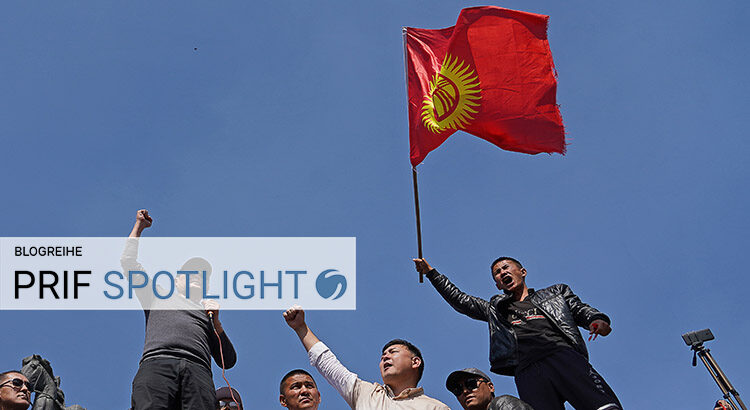
At a Crossroads. Kyrgyzstan after the recent elections
Following its parliamentary elections in October 2020, Kyrgyzstan found itself facing post-election protests and a political crisis which resulted in a new political landscape. On 10 January 2021, Kyrgyz citizens voted for a new president and a fast-tracked constitutional reform to return to a presidential system. Although the protests in October 2020 resulted in political turnover, their momentum is currently being used to concentrate power in the hands of the president. Autocratic tendencies, corruption scandals, and socioeconomic grievances, which were further aggravated by the Covid-19 pandemic, have marked recent developments in Kyrgyzstan.
